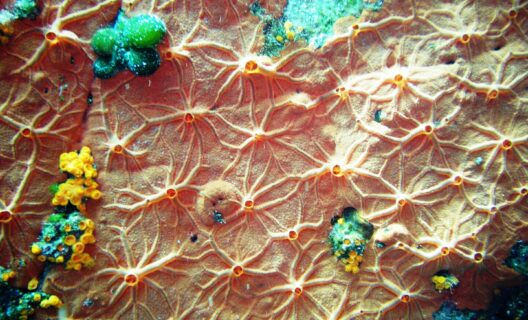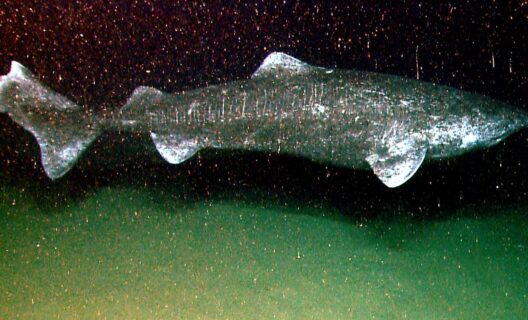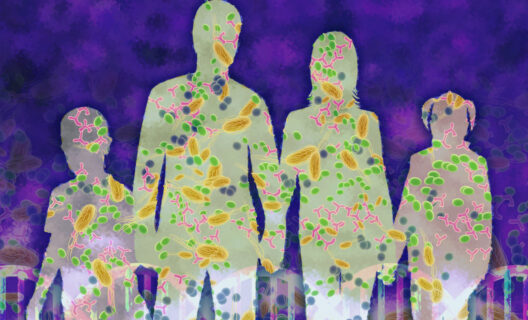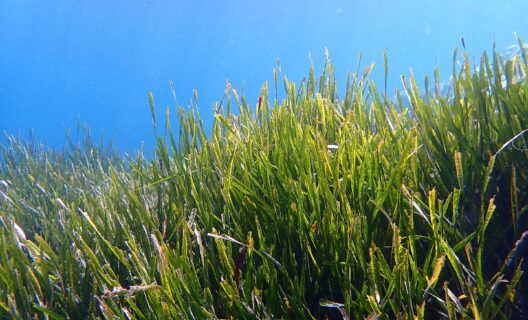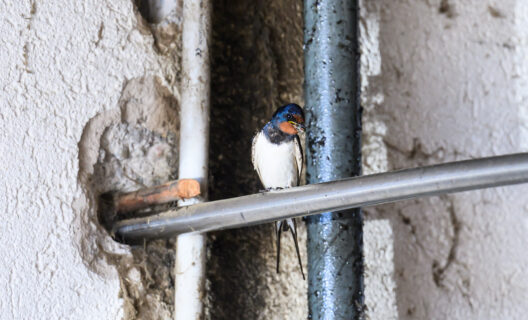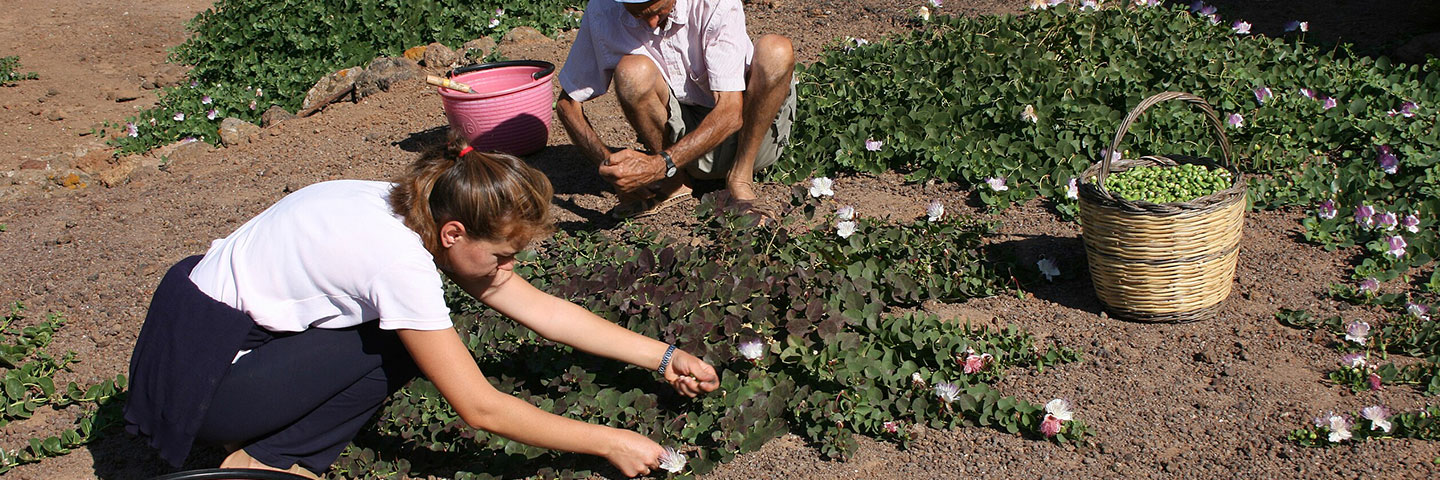
Treasures in aridity
Reading time
0 min
Mediterranean plants: discovering the benefits for humans, the environment and sustainability
Capers, thyme, prickly pear. And a little oregano. This is not a recipe, but rather a list of some of the plants that combine beneficial effects for human health, environmental benefits and sustainable cultivation.
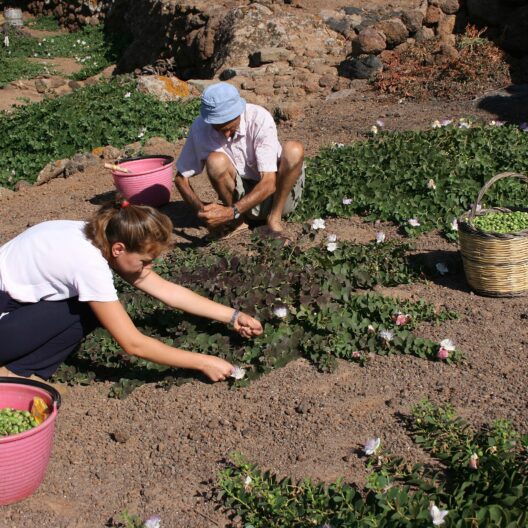
Credit: Rosario Cappadona – CC BY-SA 3.0Rosario Cappadona – CC BY-SA 3.0
According to the findings of a study carried out by the University of Palermo and published in theInternational Journal of Molecular Sciences, some plant species routinely used in the Mediterranean diet, which grow naturally in semi-arid environments, are extraordinarily beneficial to both humans and the environment.
Their utility to humans lies in the fact that they contain bioactive, i.e., health-beneficial, molecules: prickly pear fruit has antioxidant properties and potential anticancer benefits; caper supports cardiovascular health, prevents cancer, and has shown positive nutrigenomic effects; oregano and thyme have known antimicrobial effects and are able to change the microbial population in the gut for the better.

Credits: Nicola Quirico – CC BY-SA 4.0Nicola Quirico – CC BY-SA 4.0
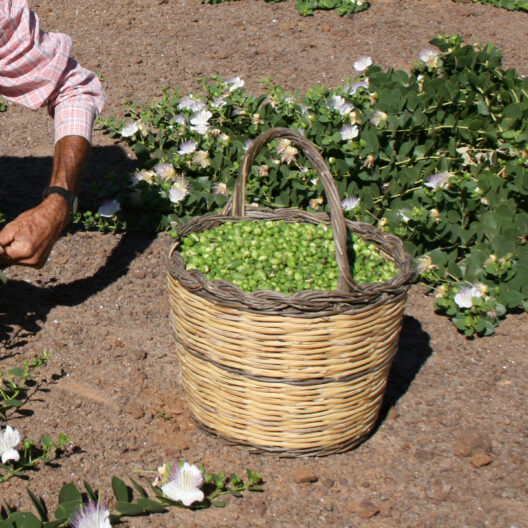
Credit: Rosario Cappadona – CC BY-SA 3.0Rosario Cappadona – CC BY-SA 3.0
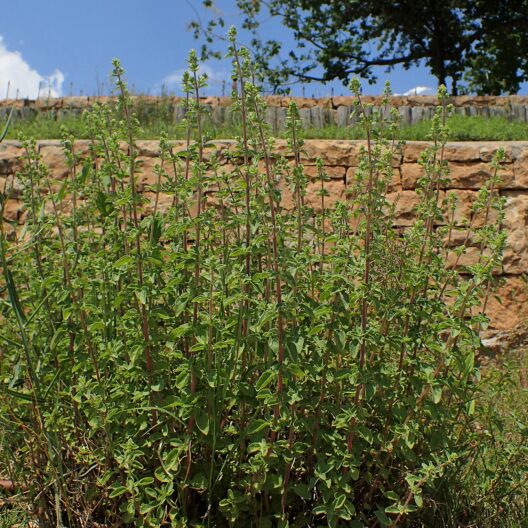
Credits: Krzysztof Ziarnek, Kenraiz – CC BY-SA 4.0Krzysztof Ziarnek, Kenraiz – CC BY-SA 4.0
The environmental benefits come from the ability of these plants to thrive in arid environments, without needing large amounts of water, and from protecting the soil from erosion.
In light of the challenges thrown up by climate change, the study says, the cultivation of these plants could be critically important for both human health and the sustainability of agricultural systems. And there’s more: further exploration, scientists say, could lead to the development of drugs and essential oils targeted at human well-being.



